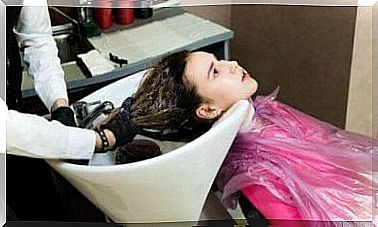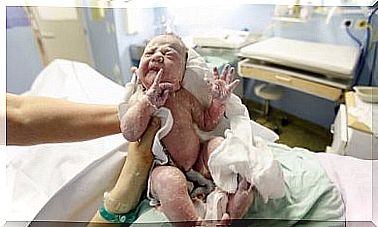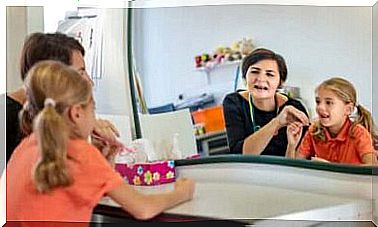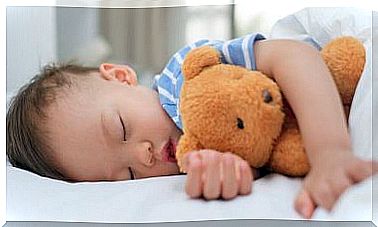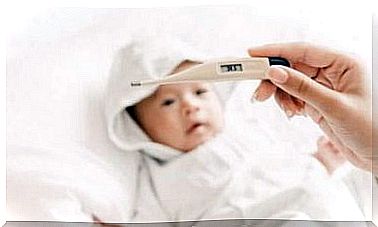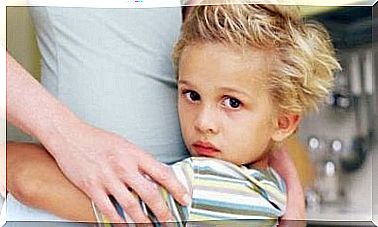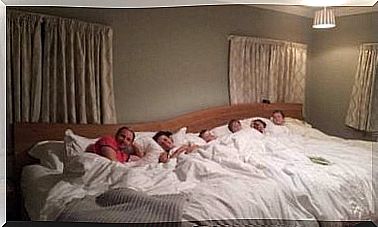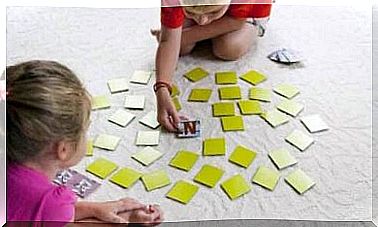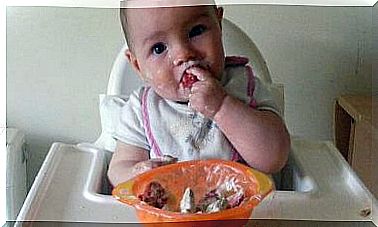Signs Where You Should Immediately Call The Pediatrician
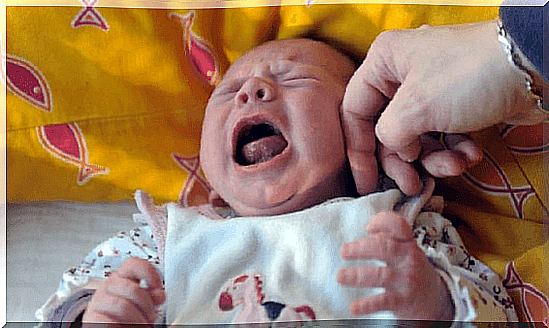
When you become a mother for the first time, every little thing can be alarming. Visits to the pediatrician can then be a regular activity. Of course, if something worries you, the first thing you should do is call the pediatrician. So you can be sure that your baby is okay.
However, today we want to talk to you about some signals that you should be familiar with. If they happen to your baby, you should see your pediatrician immediately.
4 signs you should call the pediatrician immediately
They have very cold hands and feet
If your baby’s feet and hands feel cold, you should place your hands on their torso and feel their temperature there. If their torso is warm and pink then nothing is wrong.
Your baby’s circulatory system is still developing. Their blood is more often diverted to vital organs and systems, because that is where the blood is most needed. That is why their hands and feet are the last parts of the body to develop a good blood supply.
It can take up to three months for a baby’s circulation to fully adjust to life outside the womb. In the meantime, it’s normal for little ones to have colder hands and feet than usual.
As your baby begins to move more, their circulation will begin to improve. But see your pediatrician right away if their lips are purple and you can’t get them warmed up.
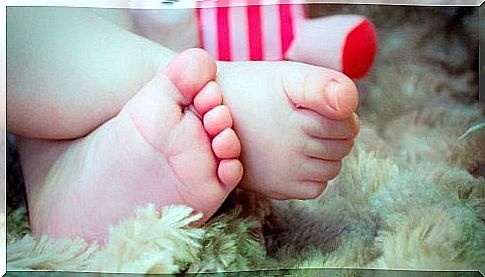
There’s blood in their diaper
The same maternal hormones that can cause inflammation in the testicles and lips can also cause a child’s vaginal discharge to be accompanied by blood. Don’t worry if you see a little blood in their diaper during the first few weeks of your baby’s life.
For baby girls, this mini-period only lasts a few days. Sometimes the blood can be found in the urine and appear darker. But if the blood is bright red or if there is a lot of blood you should call the pediatrician as soon as possible.
They have blisters on their lips
Many newborns develop a blister or blister on their lips from sucking on a bottle or the breast.
In some cases, the blister can also come from sucking their thumb in the womb and also at birth.
A blister or blister will form on the lip which should disappear in a short time. If not, see your doctor to find the best possible solution.
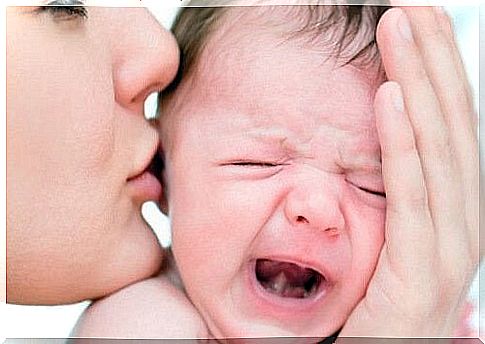
Diarrhea
When babies under three months old have diarrhea, they may be at risk for dehydration. This can be life-threatening. So it is very important that you see a doctor as soon as possible if your baby has diarrhea. But you have to be able to determine whether it really is diarrhea or not.
Breastfed babies often have liquid, mustard-yellow stools. Babies who are bottle-fed may have more bowel movements. The color of the stools may be slightly darker, but they still have a liquid-to-soft consistency.
There are newborn babies who poop as many as a dozen times a day, while others do it just a few times a week. What matters is that your baby gains weight and does not have a tummy ache and no bloated belly.
Sometimes it can be difficult to distinguish normal bowel movements from those caused by diarrhea. Especially if you are breastfeeding your baby.
Usually, breastfed babies defecate after every meal. It is best to get to know your baby. To know what is normal for them (frequency, volume, consistency…) and if anything changes, you should call the pediatrician.
If you don’t see these symptoms in your baby, but you notice that something isn’t normal and you think you need to see a doctor, don’t hesitate to call. The pediatrician and assistant can allay your concerns and tell you more about it.
It is important to call a pediatrician and stop stressing. For example, if you think your baby is crying too much, his skin is flaky or has an odd color. Or if they are sneezing a lot and breathing in a strange way… Call the pediatrician right away if you’re concerned!

